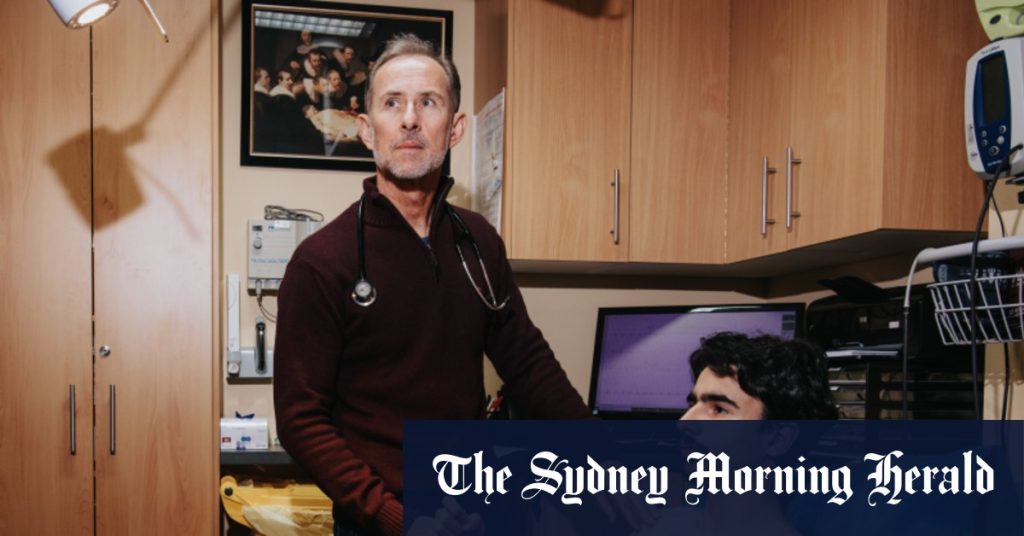Summarize this content to 2000 words in 6 paragraphs GPs say vulnerable people are being priced out of important heart health checks to detect potentially fatal cardiac problems, as a result of losing their ability to bill Medicare for the tests four years ago.There were 2.2 million fewer than expected electrocardiograms completed between 2020 and 2022, after the federal government revised Medicare billing rules to restrict item numbers for interpreting the test to specialists.Dr Ken McCroary, from Macarthur General Practice in Campbelltown, demonstrating an ECG. McCroary is reading the tests for free because of changes to billing rules which would otherwise mean his patients need to pay for a specialist. Credit: James BrickwoodA departmental advisory committee is reviewing the impact of the decision. The Royal Australian College of General Practitioners (RACGP) and the Australian Medical Association have made submissions to the review, calling for it to be reversed.Coronary heart disease is the leading cause of death in Australia.“We’ll never know how many patients with heart issues have missed out, whose health has got worse, and the lives lost that we could have saved in the four years since this funding was cut,” said RACGP President Dr Nicole Higgins.A draft report, published by the Medicare Benefits Schedule Review Advisory Committee in April, concluded it was difficult to say whether the changes to rebates led to the decline in tests performed, as there were significant disruptions to health services in the two-year period for which data has been finalised, caused by the COVID-19 pandemic.Regardless, the working group considered that the difference in fees between GPs and specialists may be viewed as inequitable, concluding the schedule should provide a rebate to whoever determined an ECG trace was required.It found it was “possible” that the schedule item changes had disincentivised GPs from performing appropriate ECGs, particularly in rural and remote areas.“The working group considered that the reduction in services performed in rural and remote areas may mean patients are travelling elsewhere to have their ECGs, or that there are less opportunistic ECGs being performed,” according to the April report. However, it was unable to say this for certain, due to the aforementioned data issues.


